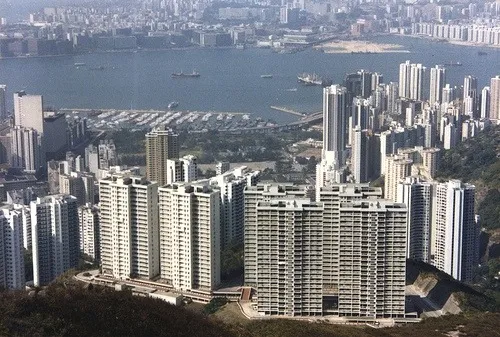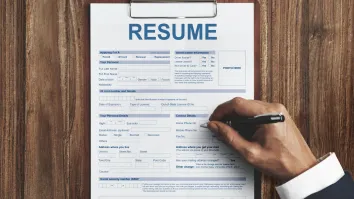
US quantitative easing seen to boost HK asset prices
Yet HK chief executive’s address offered very few measures in curbing near-term property price advances.
UBS’s US economists expect the Fed to formally announce the second round of quantitative easing (QE2) after the November 2-3 FOMC meeting. If QE2 materializes, the implications for Hong Kong—which imports monetary policy directly from the US given the HKD peg—will be significant, according to a UBS report.
QE2 means upward pressures on asset prices (in particular property) will remain, as Hong Kong’s liquidity boom will continue to be fuelled by an extended period of negative real interest rates and, more importantly the return of capital inflows. Hong Kong was flooded with capital inflows during QE1 in 2009. The size of inflows was unprecedented, which exceeded 40% of GDP at one point in 4Q09. However, capital inflows subsided in 2010 as the US paused on injecting fresh liquidity. In the event of QE2, capital inflows (the size of which will depend on the magnitude of QE2) should return, boosting monetary base expansion and thus narrow money supply. A pick up in narrow money growth, plus a prolonged period of negative real interest rates, presents a very powerful backdrop for assets price inflation.
The policy address offers no short-term property cooling measures
Donald Tsang, the Chief Executive of Hong Kong, delivered the policy address on October 13. As expected, property took centre stage given recent concerns on surging property prices and the slew of tightening measures introduced in mid-August. While the public was looking for further measures to cool the property market, the focus of the policy address is very much on long-term measures to boost housing supply and to assist home purchases. There are very few measures aiming at curbing near-term property price advances. The temporary removal of real estate investment as an eligible asset class in the ‘investment immigration’ scheme can be vaguely classified as one; but apart from satisfying populist demand, it is unlikely to have any material impact.
Still, the commitment by the government to supply 20,000 units of private residential unit per year has important growth implications. Bear in mind that private residential completion averaged only 8,800 units over the last three years. While the additional housing units will not come on stream until a few years later, this policy should boost construction investment and thus growth in the medium term.



















 Advertise
Advertise






